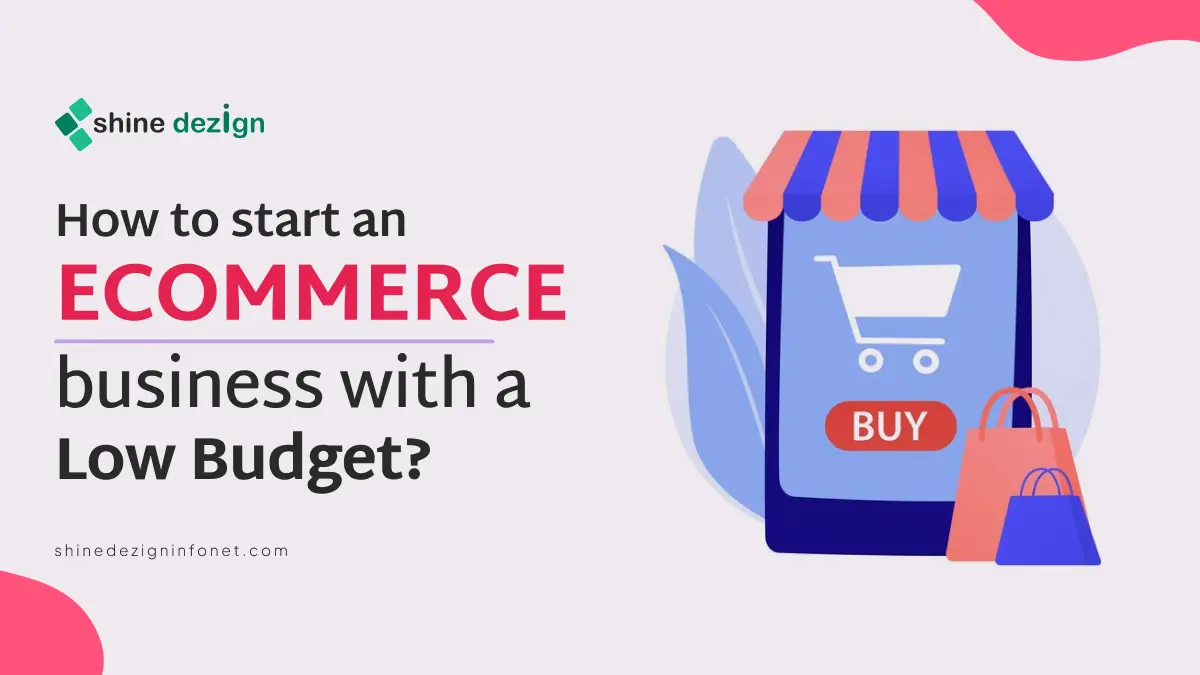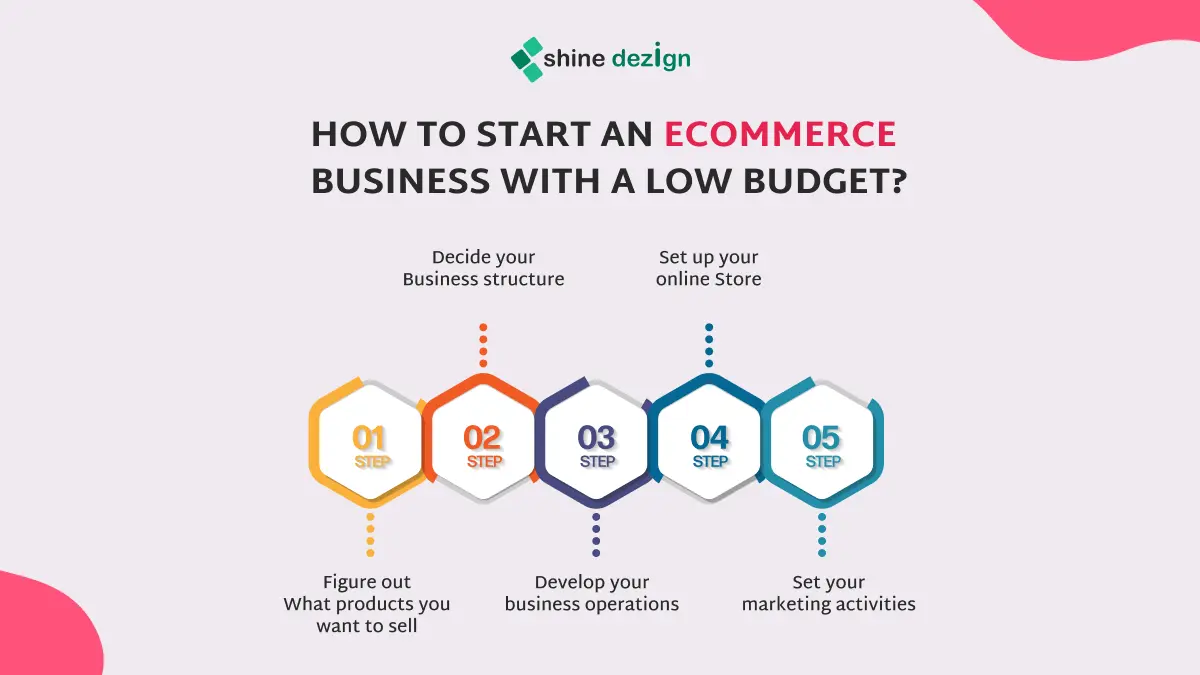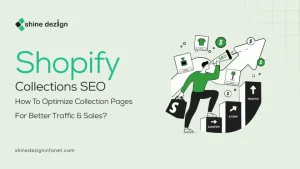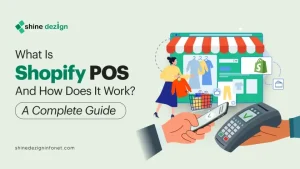Table of Contents
- Introduction
- What is an eCommerce business?
- Business to Consumer (B2c) model
- Business to Business (B2B) model
- Consumer to Consumer (C2C) model
- Consumer to Business (C2B) model
- Why is there a need to start an eCommerce business?
- How to start an eCommerce business with a Low Budget?
- Figure out What products you want to sell
- Decide your business structure
- Develop your business operations
- Set up your online Store
- Set your marketing activities
- Final Thoughts
eCommerce as a business venture is the trendiest topic right now worldwide. There are also around 5.44 billion internet users worldwide (Source: Statista), which makes Ecommerce business the buzzing trend in the digital world.
More than half of the 5.44 billion internet users are online shoppers, which provokes us to start an eCommerce business. Well, establishing an eCommerce business can be hefty on the pocket. In this blog, we will help you to launch your eCommerce business on a low budget.
What is an eCommerce business?
An eCommerce business is one through which you can profit by selling your services or products online. These services or products could be physical goods like clothing, handmade services like consulting, or web hosting. Amazon. Flipkart and Meesho are popular examples of eCommerce businesses.
The important aspect of e-commerce, which differs from traditional retail commerce, is that payments or transactions take place through digital media, such as computers, desktops, laptops, smartphones, and more. Now Let’s understand common type of eCommerce business models.
Understanding eCommerce Business Models
Well, there are four major types of eCommerce business models as stated below:
1. Business to Consumer (B2c) model
2. Business to Business (B2B) model
3. Consumer to Consumer (C2C) model
4. Consumer to Business (C2B) model
1. Business to Consumer (B2C) Model
This model is also known as a direct business-to-consumer model, where your business provides services through an online store to your target clients. These customers are your target audience, who desire to buy products or use the services for their daily essentials.
This model operates like the same shop you’re near, like you go to the store and buy the products you need. The difference here is that it happens online.
2. Business to Business (B2B) Model
In this B2B model, both the seller and buyers of services and products are the business entities. The transaction volumes and pricing are larger than compared to B2C model. Also, recurring transactions are also common in this model, especially between business with a vendor-client relationship.
For a simple example, the B2B model would be the supply distributor, like Company A stocks the wide range of office supplies like pens, papers, books. This company focuses on serving the needs of other businesses like schools and other offices rather than selling directly to end-user.
3. Consumer to Consumer(C2C) Model
This model mainly servers to Consumers, it offers a platform for consumer to buy and sell product from each other. These platforms act an online marketplace where anyone can sell their own products to other clients.
eBay and Etsy are the best examples of this model, as these platforms allow anyone to create and develop an online account and start selling products. As the platform owner, you earn revenue by charging fees from clients for listing their products or by deducting platform charges at the time of transactions.
4. Consumer to Business Model (C2B)
This model involves businesses on the receiving end of exchanges of services or goods for payment. It’s similar to the C2C model, where you offer a platform for this exchange to occur. The key difference between C2C and C2B is that in C2B, businesses are the clients.
A great example of a C2B model is the freelancing platform, where individuals can charge for skills to businesses that need someone to fulfill their business goals. Fiverr and Upwork are platforms that utilize this C2B e-commerce model for their businesses.
Why is there a need to start an eCommerce business?
Let’s check out why being involved in the eCommerce business is the best idea for you.
Continuously Evolving ecommerce market
The e-commerce market has reached a new height in the past four years. Also, the global eCommerce market is estimated to reach around $57.22 trillion by 2032. The availability of the internet, along with increased access through mobile and other devices, has enhanced the number of people in the global population who shop online.
Therefore, the rising number of internet users across the globe has flourished in the eCommerce industry and is ready to reach new heights in upcoming years.
Access to Global Market and different Geographies
Most traditional stores are limited to their local region or area. Even those with franchises or branches can only serve clients in specific locations. This limitation is limited as only people in the region concerned can see their physical store and shop from that store.
But when similar businesses launch their online store, they can reach a large audience that isn’t limited or restricted by geography. With a combination of digital markets, fulfillment options, and modern logistics, they can even reach clients around the globe.
Low Entry barriers
Depending on your selected eCOmmerce model, your online business can be up and running for a relatively small amount of money. For instance, If you want to sell your handmade products by utilizing B2C model, you can start selling your product with minimum invest from buying hosting to launching your business on Shopify Store, as it has everything you need to have your business reach your target audience.
Well, doing the same thing with a physical store may cost a lot more when you consider paying rent, setting up Shopify Store and managing all the utilities involved in physical location.
Manage Easily with minimal Technical Knowledge
Shopify ecommerce platform allows you to easily manage and run your store, which allows you to handle your daily operations. You don’t need more technical knowledge or to hire anyone to counter to receive clients and answer their queries regarding your services or products.
Everything a client requirement to make a purchase decision is available on your eCommerce website. When a client makes a purchase, the order fulfillment process is also automated to make sure they promplty recive what they paid for.
How to start an eCommerce business with a Low Budget?
1. Figure out What products you want to sell
The very First step in starting an e-commerce business is to decide and figure out what products or services you want to sell. There are many competitors you may face, so focus on researching more. You can offer niche products catering to a small but dedicated client base or generally available products targeting a larger audience.
So, prioritize creating something that solves your target audience’s problems. For instance, someone who works as a content writer can start an online business selling their services, helping businesses with quality content, and launching their web.
2. Decide your business structure
This step is crucial to deciding your business structure and what you want to sell. As for the above-mentioned content writing services, you can make a decision on whether you want to offer services to either (B2C) or other businesses (B2B). These models also apply to a product-based eCommerce business.
Another vital factor when starting your eCommerce business is to decide how you will charge for your services. Like the fixed cost through which clients can access your services when they pay a fixed price.
Another pricing structure is subscription-based where clients can pay a recurring fee for services/products and either receive regular delivery of services or maintain their access to your services.
3. Develop your business operations
Once you have researched and now it’s time to start developing the operations that will support it. Your business operations start by registering your business with the authentic authorities and regulatory agencies and getting the permits necessary to run your business.
Also, defining and staffing the various roles needed for your business to be successful. These may incorporate inventory manager, IT technicians, Client support and marketing. Also, your branding is the key to getting your business noticed when it launches. So, look for branding before launching your store.
4. Set up your online Store
Now as you have completed all the above-mentioned three steps of starting an eCommerce business. It’s time to create the primary point of interaction between your business and its clients.
Establishing your online store includes getting a domain name, selecting a web hosting plan and selecting an eCommerce platform. As there are more eCommerce platforms where you can launch your store. But Shopify is among the best platforms through which you can establish your store. Also, check your Shopify themes that will help you to create your engaging store.0
5. Set your marketing activities
Marketing is a vital factor for starting your eCommerce business. Also, you must recognize Digital marketing. Without Search Engine Optimization, you cannot gain a larger audience. So, if you are launching your store on Shopify, look for Shopify SEO Services that can enhance your eCommerce business.
As part of your content market strategy, you can also employ various SEO techniques to improve your website’s online visibility. Also. The goal of this is to put your eCommerce business in a position to attract new clients.
Final Thoughts
Now, you have a clear idea of how to start your eCommerce business with a low budget. Therefore, you can start your online business by following the above-mentioned steps.
Well, all you need to do is start by selecting the product, define how you want to sell it, selecting an eCommerce platform and model and deciding who your target audience will be.

















